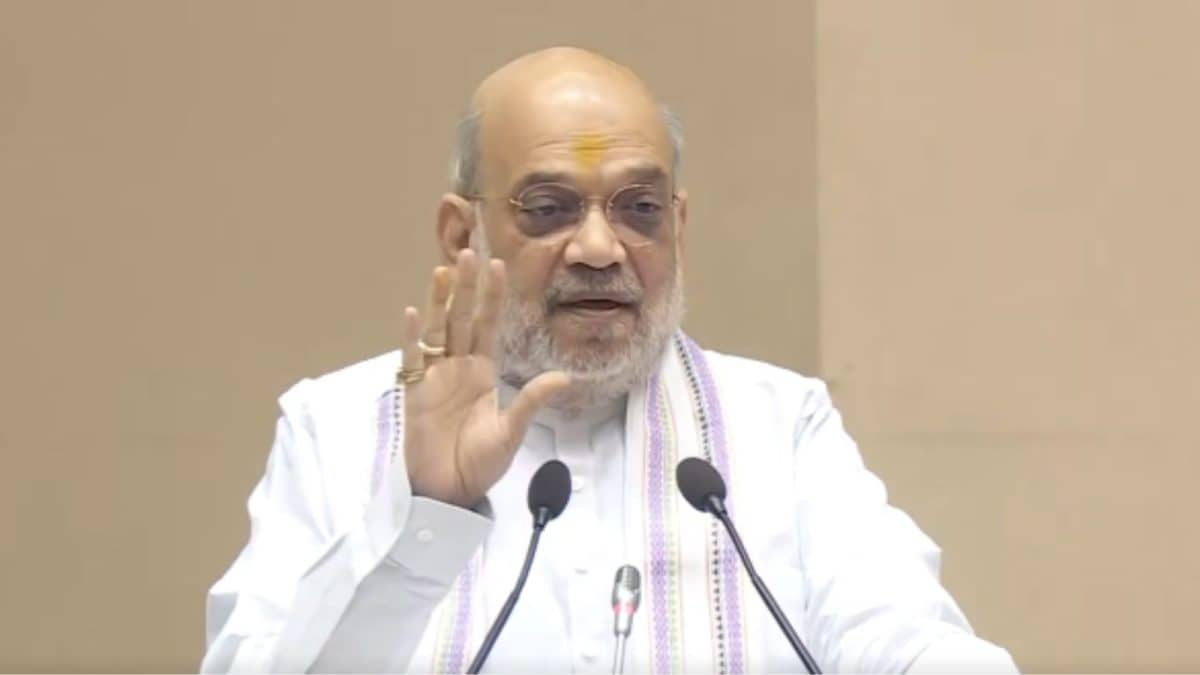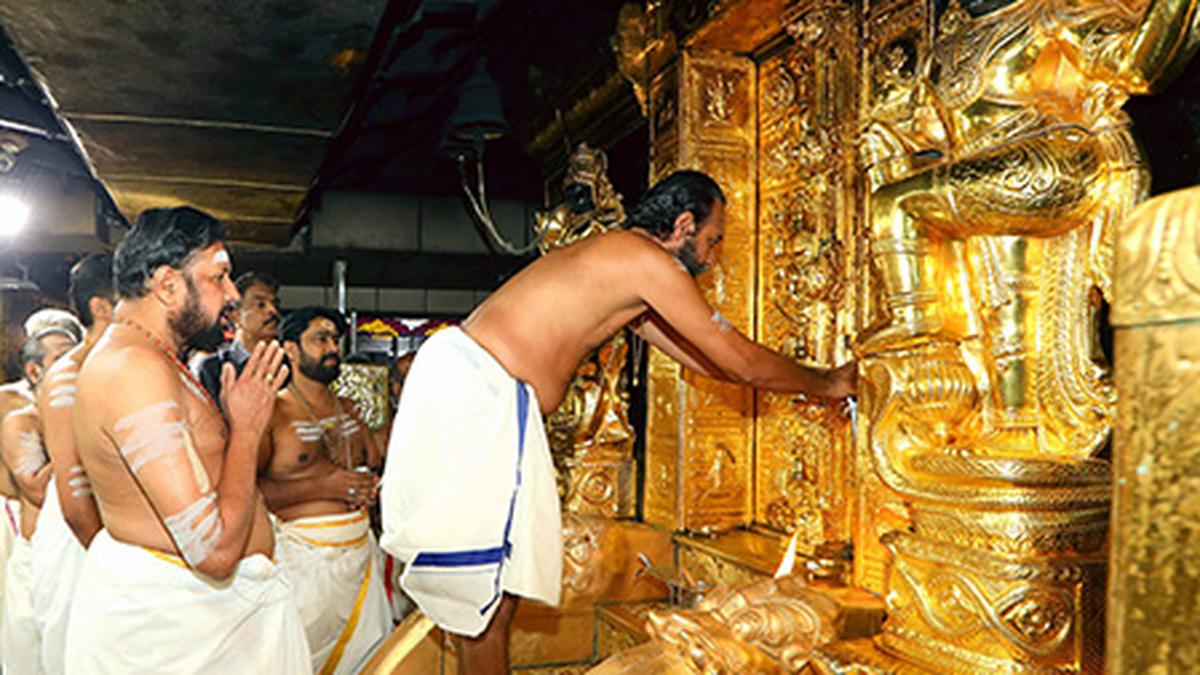Tamil Nadu will get more weather radars to enhance forecasting accuracy in the next few years, and Chennai will get three more weather radars added to its observation network soon, M. Ravichandran, secretary, Ministry of Earth Sciences, said in Chennai on Monday (October 13, 2025).
Mr. Ravichandran was speaking after the inauguration of the Urban Test Bed facility, under Mission Mausam, at Sathyabama Institute of Science and Technology. Developed with the support of Indian Institute of Tropical Meteorology (IITM), Pune, the facility, is equipped with atmospheric instruments for real-time monitoring of various weather parameters. The facility has observation systems, including micro rain radar, that would provide continuous data on wind circulation, clouds, and rainfall characteristics over Chennai.
Mr. Ravichandran said sites are being identified across Tamil Nadu to install weather radars. Chennai, which already has an S band doppler weather radar and an X band radar, will get three more X band radars to improve forecasts for the neighbouring districts as well. This would be part of the national plan to add 100-120 weather radars across India.
Impact of climate change
Highlighting the impact of climate change and urbanisation on local weather in recent years, he said that expanding the observation network would help reduce forecast errors. Collaborations with academic institutions was imperative to address increasing urban weather complexities.
Mariazeena Johnson, chancellor, Sathyabama Institute of Science and Technology, said the new facility marks a significant step towards integrating scientific research with urban climate adaptation strategies. It would create avenues for student training and interdisciplinary research.
A paleoclimatology laboratory and information galleries, which would serve as knowledge and outreach hubs, were also inaugurated. While Thara Prabhakaran, project director, Mission Mausam, emphasised the importance of institutional collaboration in strengthening urban meteorology, A. Suryachandra Rao, Director, IITM, Pune, spoke about economic losses due to natural disasters. Such technology would help understand urban heat island and extreme weather events better.
Balaji Ramakrishnan, Director, National Institute of Ocean Technology and B. Amudha, Head (Additional in-charge), Regional Meteorological Centre, were among those who participated in the event.
.png)
 2 hours ago
16
2 hours ago
16









 English (US) ·
English (US) ·